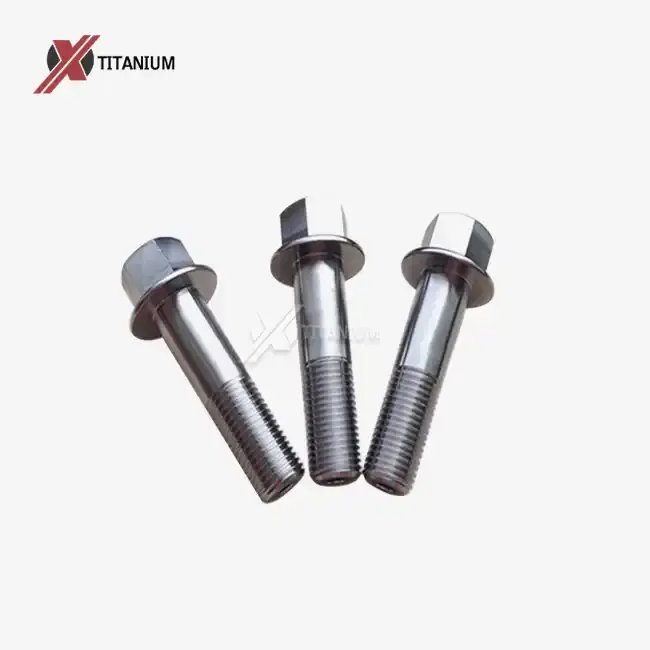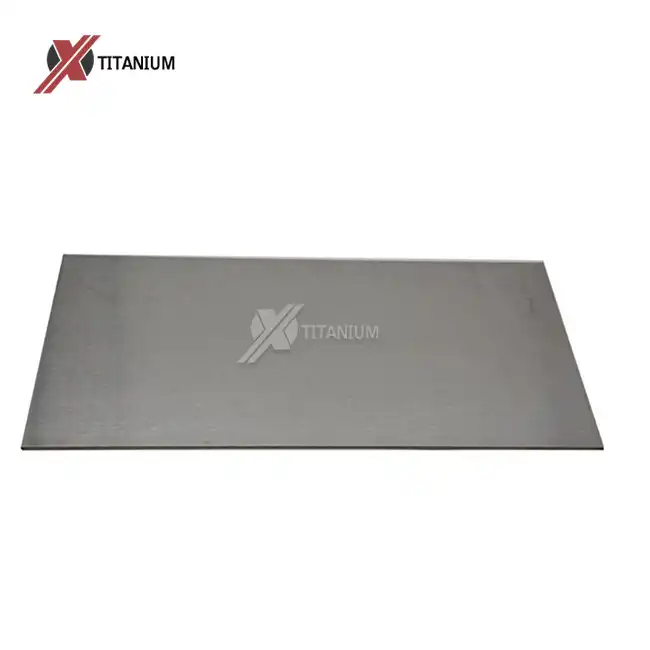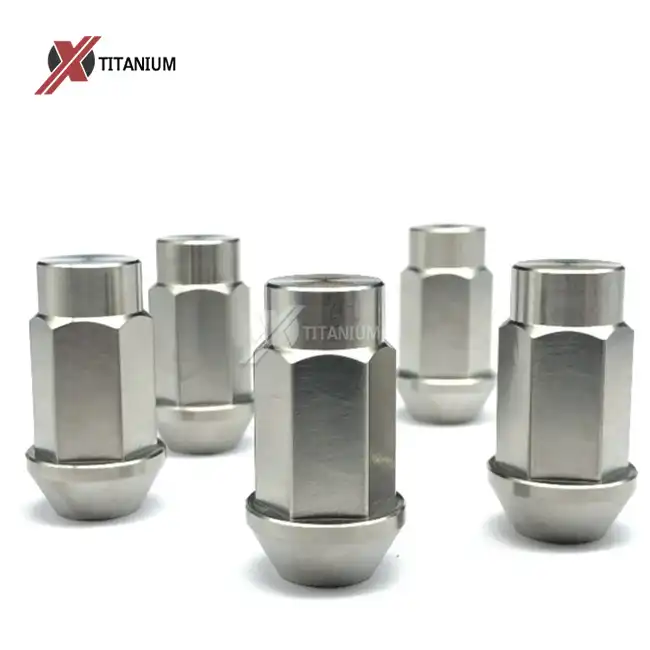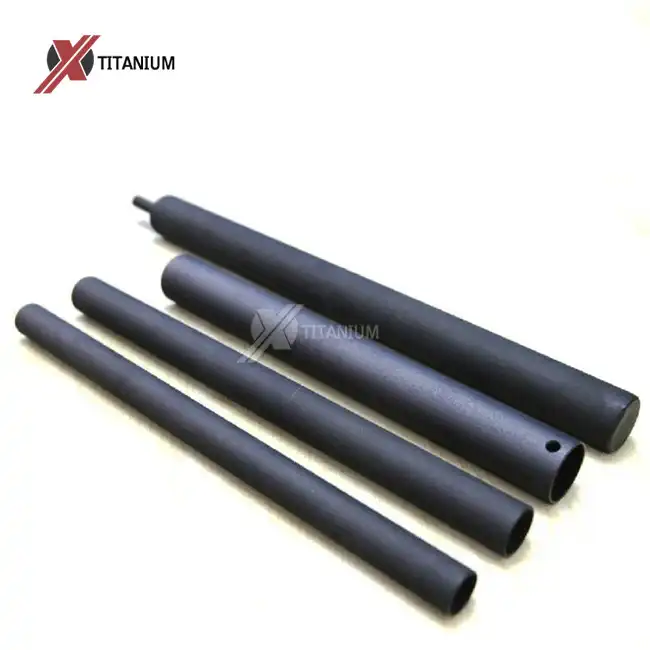- English
- French
- German
- Portuguese
- Spanish
- Russian
- Japanese
- Korean
- Arabic
- Greek
- German
- Turkish
- Italian
- Danish
- Romanian
- Indonesian
- Czech
- Afrikaans
- Swedish
- Polish
- Basque
- Catalan
- Esperanto
- Hindi
- Lao
- Albanian
- Amharic
- Armenian
- Azerbaijani
- Belarusian
- Bengali
- Bosnian
- Bulgarian
- Cebuano
- Chichewa
- Corsican
- Croatian
- Dutch
- Estonian
- Filipino
- Finnish
- Frisian
- Galician
- Georgian
- Gujarati
- Haitian
- Hausa
- Hawaiian
- Hebrew
- Hmong
- Hungarian
- Icelandic
- Igbo
- Javanese
- Kannada
- Kazakh
- Khmer
- Kurdish
- Kyrgyz
- Latin
- Latvian
- Lithuanian
- Luxembou..
- Macedonian
- Malagasy
- Malay
- Malayalam
- Maltese
- Maori
- Marathi
- Mongolian
- Burmese
- Nepali
- Norwegian
- Pashto
- Persian
- Punjabi
- Serbian
- Sesotho
- Sinhala
- Slovak
- Slovenian
- Somali
- Samoan
- Scots Gaelic
- Shona
- Sindhi
- Sundanese
- Swahili
- Tajik
- Tamil
- Telugu
- Thai
- Ukrainian
- Urdu
- Uzbek
- Vietnamese
- Welsh
- Xhosa
- Yiddish
- Yoruba
- Zulu
Are Titanium Flange Bolts the Best Choice for High-Pressure Applications?
Titanium flange bolts have established themselves as an indispensable part of various industrial applications due to their impressive properties. These bolts are not just another fastener; they are essential components designed to withstand high-pressure environments, resist corrosion, and provide unmatched strength. Whether used in aerospace, marine, or chemical processing industries, titanium flange bolts have proven themselves in the most demanding situations. This blog will explore the unique characteristics of titanium flange bolts, their various applications, and why they should be your go-to choice when choosing a material for high-performance fasteners.

What Are Titanium Flange Bolts, and Why Are They the Ideal Fastening Solution?
Titanium flange bolts are specialized fasteners made from high-strength titanium alloys. The "flange" design refers to the disk-shaped base of the bolt that serves to spread the load over a wider area, which is crucial for minimizing the risk of structural damage in high-pressure environments. This characteristic is particularly important in industries like aerospace, marine, and chemical processing, where failure is not an option.
The titanium material used in these bolts is lightweight yet incredibly strong. Additionally, titanium’s natural corrosion resistance makes it the ideal choice for industries dealing with extreme conditions, such as exposure to high temperatures, salty environments, and chemicals. The bolts maintain their structural integrity over time, making them highly reliable in applications where safety is paramount.
What Makes Titanium Flange Bolts Stand Out from Other Fasteners?
When choosing fasteners, engineers need to consider factors such as strength, weight, resistance to corrosion, and long-term durability. Titanium flange bolts outshine many other fasteners in these areas:
1. Corrosion Resistance
Titanium is renowned for its exceptional resistance to corrosion, especially in harsh environments. Unlike traditional steel or aluminum fasteners, which can corrode when exposed to water, chemicals, or high humidity, titanium flange bolts resist rust, oxidation, and corrosion, even in aggressive environments like seawater, acidic, or alkaline solutions.
This corrosion resistance is due to the titanium’s passive oxide layer, which forms naturally when the metal is exposed to oxygen. This oxide layer prevents further corrosion and helps maintain the integrity of the bolt over time, making titanium flange bolts ideal for marine, chemical, and offshore applications.
2. High Strength-to-Weight Ratio
Titanium boasts an excellent strength-to-weight ratio, which means it can support heavy loads while remaining significantly lighter than other materials, such as steel. This feature is critical in aerospace, automotive, and transportation industries, where reducing weight without sacrificing strength is crucial to improving efficiency and performance.
For example, titanium flange bolts used in aerospace applications help reduce the overall weight of the aircraft while providing a high level of strength and stability to the structure. This weight-saving capability improves fuel efficiency and enables aircraft to carry larger payloads.
3. Superior Temperature Resistance
Titanium has a high melting point and retains its strength even at elevated temperatures. Unlike many other metals, which lose their strength when exposed to heat, titanium flange bolts maintain their structural integrity in high-temperature environments. This makes them ideal for use in engine components, exhaust systems, and other applications exposed to extreme heat.
For instance, in the automotive industry, titanium flange bolts are used in high-performance racing engines where temperatures can reach well over 1,000°F (537°C). The ability of titanium to perform reliably under such conditions makes it the material of choice for demanding applications.
4. Biocompatibility
In medical applications, titanium’s biocompatibility—meaning it is non-toxic and well-accepted by the human body—makes titanium flange bolts an essential component in devices like joint replacements and surgical implants. Titanium does not induce adverse reactions when in contact with tissue, and its non-corrosive nature ensures that medical implants remain functional for extended periods.
How Do Titanium Flange Bolts Contribute to Enhanced Performance in Critical Industries?
Titanium flange bolts are a critical component in several industries, particularly those where safety, performance, and reliability are of utmost importance. Their unique properties contribute to superior performance in the following sectors:
1. Aerospace
The aerospace industry benefits immensely from the use of titanium flange bolts. Aircraft require fasteners that are not only strong but also lightweight. Titanium flange bolts help reduce the overall weight of aircraft without sacrificing strength, leading to improved fuel efficiency and performance. Additionally, titanium’s resistance to corrosion ensures that bolts and fasteners maintain their functionality in the harsh conditions of high-altitude flights.
2. Marine
Marine applications often face challenges related to corrosion, especially in saltwater environments. Titanium flange bolts are used in shipbuilding, offshore platforms, and submarine construction due to their exceptional resistance to saltwater corrosion. The longevity of titanium bolts ensures that critical structures remain intact for longer periods, reducing the need for frequent maintenance or replacement.
3. Chemical Processing
In industries where chemicals, acids, and corrosive materials are handled, titanium flange bolts are used to secure equipment such as pipelines, tanks, and reactors. Their ability to resist corrosion in aggressive chemical environments ensures that there are no leaks or failures, which could lead to costly damages or hazardous situations.
4. Oil and Gas
Titanium flange bolts are commonly used in oil and gas exploration and extraction equipment due to their ability to withstand high pressures and temperatures. In deep-sea drilling rigs, for instance, these bolts provide a reliable and durable fastening solution, ensuring the safety and integrity of the entire rig, even in extreme offshore conditions.
5. Automotive
In high-performance automotive applications, particularly in racing, the strength-to-weight ratio of titanium flange bolts is crucial. Racing cars use titanium flange bolts to secure various components, including suspension systems, engines, and exhaust systems. The lightweight nature of titanium helps reduce the overall vehicle weight, enhancing performance, while its durability ensures that these critical components withstand the stresses of high-speed racing.
Why Should Engineers Prefer Titanium Flange Bolts Over Other Materials for Structural Integrity?
Titanium flange bolts offer numerous advantages over other materials like steel, aluminum, and plastic. Here’s why engineers across various industries should prioritize titanium:
1. Long-Term Cost Efficiency
Though titanium flange bolts may be more expensive than other fasteners initially, their superior durability and resistance to corrosion lead to lower maintenance and replacement costs in the long run. This results in fewer downtime periods and a more efficient operation, making titanium a cost-effective solution over time.
2. Reliability in Extreme Conditions
Titanium flange bolts provide engineers with the confidence that their fasteners will perform reliably, even in extreme conditions. Whether in the high-altitude environment of aerospace or the corrosive atmosphere of chemical processing plants, titanium bolts are engineered to perform under pressure, ensuring the integrity of critical systems.
3. Environmental Impact
Titanium is a more environmentally friendly material compared to other metals. Its long lifespan means fewer replacements, reducing waste and resource consumption over time. Additionally, titanium is fully recyclable, making it a sustainable option for companies looking to reduce their environmental footprint.
Conclusion
Titanium flange bolts offer unmatched performance, durability, and reliability across a wide range of industries. Whether you're dealing with high temperatures, corrosive environments, or weight-sensitive applications, titanium flange bolts are the ideal solution. Their superior strength-to-weight ratio, resistance to corrosion, and high temperature tolerance make them a go-to choice for aerospace, marine, chemical processing, automotive, and medical industries. By choosing titanium flange bolts, you’re not only investing in high-quality fasteners, but you're also ensuring the long-term safety and efficiency of your projects.
References
-
Smith, J.R. (2021). "Advanced Materials in Aerospace: The Role of Pure Titanium". Journal of Aerospace Engineering, 45(3), 234-248.
-
Johnson, A.M. & Williams, P.K. (2020). "Biocompatibility of Titanium in Medical Implants: A Comprehensive Review". Biomaterials Science, 8(12), 3301-3320.
-
Chen, Y., et al. (2019). "Corrosion Behavior of Pure Titanium in Marine Environments". Corrosion Science, 152, 120-133.
-
Patel, R.N. & Thompson, L.E. (2022). "Manufacturing Processes for High-Quality Titanium Plates". Advanced Materials Processing, 180(5), 45-58.
-
Garcia, M.S., et al. (2023). "Applications of Pure Titanium in Sustainable Architecture". Architectural Engineering and Design Management, 19(2), 178-195.
Learn about our latest products and discounts through SMS or email



